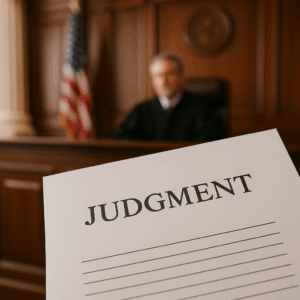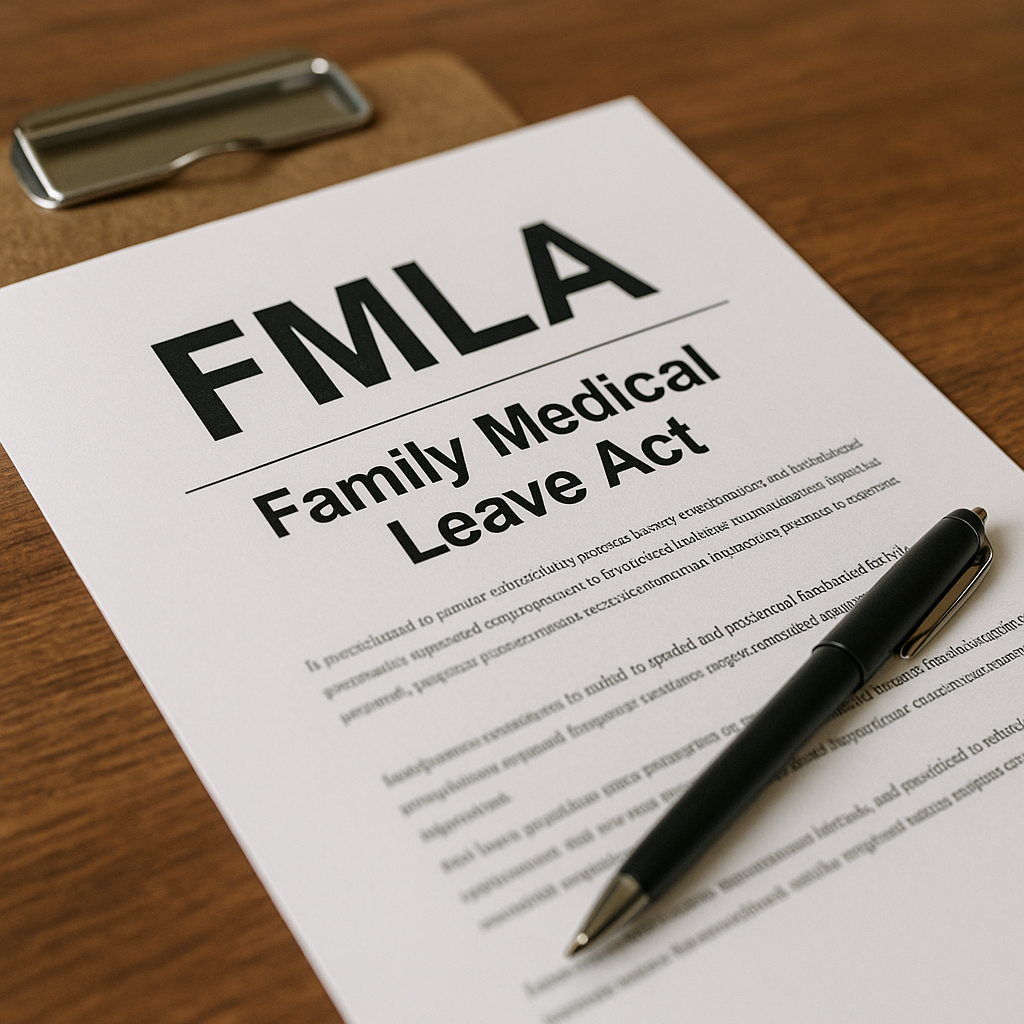
When you win a case for unpaid wages or overtime, the court issues a judgment—a formal order saying how much the employer owes you (wages, interest, and sometimes attorney’s fees). A judgment isn’t just a piece of paper. It’s your key to getting paid using New York’s enforcement tools.
How to “Reinforce” (Enforce) Your Judgment
1) “Docket” the judgment to create a lien on real estate
We record (“docket”) your judgment with the County Clerk in any county where the business or its owners’ own property. That creates a lien that typically lasts 10 years in that county, making it hard to sell or refinance without addressing your debt. If needed, we renew on time so your priority doesn’t lapse.
Pro tip: If the debtor has property in more than one county, we can docket in each of those counties (e.g., Queens, Brooklyn, Nassau) to protect your position.
2) Find where the money is (post-judgment discovery)
We use information subpoenas to require banks, customers, and others—under oath—to share where the debtor’s assets are and who owes them money.
3) Freeze funds before they vanish (restraining notices)
A restraining notice tells banks or other third parties not to move the debtor’s money. This preserves funds while interest keeps adding pressure.
4) Levy and seize assets (with the Sheriff/Marshal)
We ask the Sheriff or a NYC Marshal to perform a levy on bank accounts, accounts receivable, vehicles, or equipment (non-exempt assets). If a client owes money to your employer, we can try to reroute that payment to you until the judgment is satisfied.
5) Wage garnishment if an owner is personally liable
If an owner is personally responsible (because they had real control over hiring, pay, and schedules), we can seek an income execution (wage garnishment). New York and federal law set limits to protect basic earnings, but garnishment can still be a strong tool.
6) Don’t stop at the company—pursue responsible owners
In wage cases, owners or managers who acted as “employers” (real control over pay and schedules) can be held personally liable alongside the company. That opens more paths to collect—like personal bank accounts or income.
Quick Worker Checklist
- Keep copies of any pay stubs, checks, timesheets, texts, and witness names.
- Note any known banks, big customers, and addresses for the business/owners—and which counties they’re in.
- If the company changes names or opens a “twin” company, tell us; there are legal ways to trace and tie assets.
Our family at Helen Dalton is here to help yours. Schedule a free, confidential call with our team to understand your rights. We speak Spanish and are ready to listen.
“This content is informational and not legal advice. Every case is different.”



